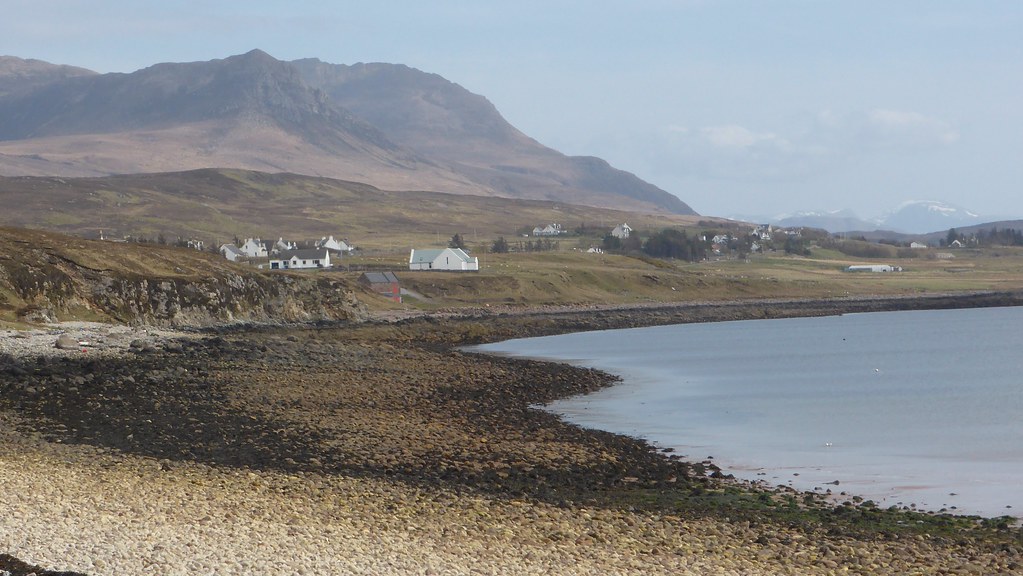A comparative analysis of Island and Mainlands smallholder farmers and crofters
18 March 2022A new briefing comparing the characteristics, past behaviours and intentions for investments between the islands and the mainland smallholders and crofters has been published.
The research uses the farmers intentions survey (a survey of 2,494 Scottish farmers conducted in 2018) and finds that there are differences in characteristics, management influences and investment behaviours between the two groups based on their location. These include:
- Those on Scottish islands are slightly younger than their mainland counterparts and a lower proportion of decision makers are female;
- Smallholder farmers and crofters on Scottish islands are more likely to be tenants (38%) compared to those on the mainland (19%);
- Farmers on the mainland are more likely to obtain more than half of their household income from farming (17%), compared to 8% of those on Scottish islands;
- Changes in input prices and commodity prices have resulted in significant management changes for a slightly higher proportion of smallholders and crofters on the islands;
- Past investments were generally similar between mainland and island cohorts, however higher proportions of mainland farmers and crofters had invested in renewable energy in the period 2013-2018 and, also, planned to invest in the next five years (2018-2023).
- Diversification is revealed to be of increasing importance to smallholder crofters and famers on both the mainland and islands, in particular to island smallholders and crofters obtaining a low percentage of their household income from farming or crofting.
The briefing notes that smallholder farming and crofting contributes to the economic development of rural areas and can benefit biodiversity through generally lower intensive management practices. Future agricultural policy for Scotland should therefore aim to address the challenges faced by smallholders and crofters on islands and the mainland and how investment in agricultural and environmental capital by these groups can encourage both productivity gains whilst meeting climate and biodiversity targets in the future.
For more information and to download the full briefing visit the briefing page here

